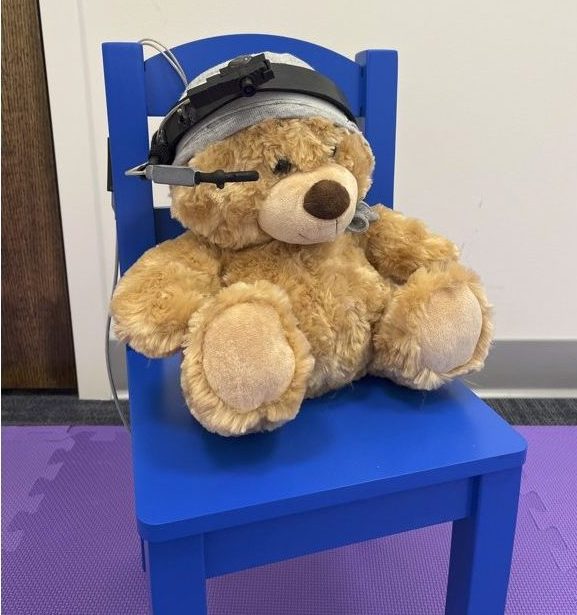Parent Infant Eye Tracking
Overview:
Parent-child interactions are a foundation for early word learning. The PIE project studies the ways that deaf and hard-of-hearing children experience these interactions and the role that play in word learning and language outcomes.
The unique way that children with Cochlear Implants or Hearing Aids experience sound in the world impacts their ability to passively learn from their environment in the way a normally hearing child may. A large part of early language learning is born from free play between child and parent. During play, children are able to develop associations between words and their referents thus creating meaningful representations that naturally translate into vocabulary acquisition. The PIE project is interested in learning about the intercedes of this process and how it may be different for children who are hard of hearing or use Cochlear Implants.

So Far...
PIE is continuing to recruit and testing new subjects. We are actively analyzing, learning from and publishing new information gained from our data both PIE specific and on related ongoing projects. Below are links to the labs most recent publications...
What's Left...
If you are interested in participating in our study see our For Parent resources and information. If you are interested in learning more about the project feel free to contact us or visit the lab!